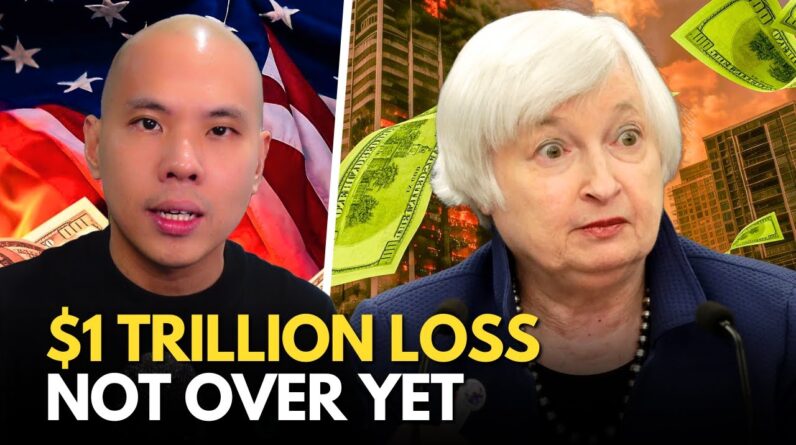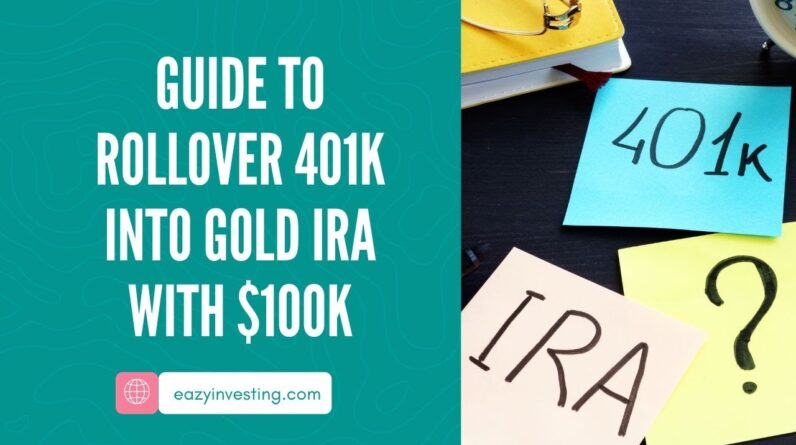As the UK navigates through the economic downturn caused by the ongoing pandemic, the looming threat of homelessness and recession seems to be increasingly inevitable. With the rising tide of unemployment and shrinking job opportunities, individuals and families across the country are struggling to make ends meet. In this post, we’ll explore the harsh realities of the UK’s economic crisis, the impact it has on people’s lives, and what can be done to mitigate these devastating effects.
Rising Tide of UK’s Economic Crisis: Homelessness and Recession on the Horizon
The United Kingdom is in the midst of an economic crisis, with high inflation rates creating a cost of living crisis for consumers. These inflation rates have been consistently high since April 2022 and show no signs of slowing down. The Bank of England is faced with the prospect of raising interest rates even higher in an attempt to combat inflation, but the knock-on effect could lead to a potential recession. Unfortunately, this rising tide will have dire consequences for the average Briton, with millions of households facing insolvency and homelessness.
The UK is facing a mortgage crisis
One of the main indicators of this economic crisis is the current mortgage crisis. The UK’s property market has been overheated for some time, leading to soaring house prices. Unfortunately, this has left many first-time buyers unable to meet the exorbitant deposit requirements. The high-interest rates and inflation have made the situation even worse, with millions of households struggling to make their monthly mortgage repayments.
As a result, many people living in the UK are at risk of losing their homes, leading to a potential surge in homelessness. The government has announced some measures to tackle the problem, such as extending the eviction ban and providing financial support to those affected by the crisis. However, these efforts seem insufficient to address the magnitude of the crisis.
Core inflation has risen to 7.1%
Another alarming statistic is that core inflation has risen to 7.1%, indicating that high-interest rates are coming. Inflation is affecting everyday consumption items such as food, clothing, and transport, pushing up the cost of living. Such high inflation is putting additional strain on household budgets, decreasing disposable income, and leading to financial difficulties for people on fixed incomes, such as pensioners.
Energy prices are also high
Energy prices have also surged in line with many global economies. The implications of high energy prices are far-reaching, from sky-high bills to electricity shortages. With energy price inflation at 40.5% in the UK, households are shelling out a greater proportion of their income on energy bills.
This, combined with high inflation rates, means that a large number of households are struggling with their energy bills, choosing between putting food on the table and keeping the heating on. The government is considering implementing price controls in an attempt to reduce costs for households and stabilize the volatility in the energy markets.
The Bank of England will be forced to raise interest rates higher
The Bank of England has already raised interest rates from 0.5% to 5% in an attempt to curb inflation. However, with no immediate end in sight to the inflation crisis, they could be forced to raise interest rates even higher. Such a measure would lead to a recession, as the cost of borrowing would become prohibitively expensive, reducing consumer spending and drawing economic activity to a halt.
The government is considering implementing price controls
The government is under pressure to protect consumers from rising prices and put an end to the inflation crisis. One of the proposals that they are considering is implementing price controls. This measure could have adverse side effects, such as encouraging hoarding and causing food shortages.
Conclusion
The UK’s economic crisis is front and center in people’s wallets and very present in their lives. High inflation, rising interest rates, and increasing energy costs are hitting households hard. These factors are creating a cost of living crisis and pushing millions of households towards insolvency. The threat of a recession is looming, and the government’s measures seem insufficient to tackle the severity of the crisis.
FAQs
Q. What is inflation, and why is it bad?
A. Inflation is the rate at which prices of consumer goods and services increase over time. It’s bad because it reduces the purchasing power of money, increases the cost of living, and decreases the value of savings.
Q. How will rising interest rates impact my finances?
A. Rising interest rates will increase borrowing costs, such as a mortgage or a loan, making repayments more expensive. Savers, on the other hand, may benefit from higher returns on their savings, though it may take some time to see the benefits.
Q. Will the government be able to control the economic crisis?
A. The government has taken some measures to address the crisis, such as extending the eviction ban and providing financial support to those affected. However, these measures alone are unlikely to be enough to stabilize the economy and prevent a recession.
Q. What can I do to prepare for the impact of the economic crisis on my finances?
A. There are several things you can do to prepare for the impact of the economic crisis, such as creating a budget, cutting unnecessary expenses, and building an emergency fund. It’s also advisable to seek professional financial advice to create a plan that suits your unique circumstances.
Q. Is there any hope for the future of the UK economy?
A. While the current economic situation is dire, there is always hope for the future. The Bank of England, the government, and other regulatory bodies are working to stabilize the UK economy and prevent a recession. Additionally, individual actions, such as sensible spending, can help prevent personal financial crises.










